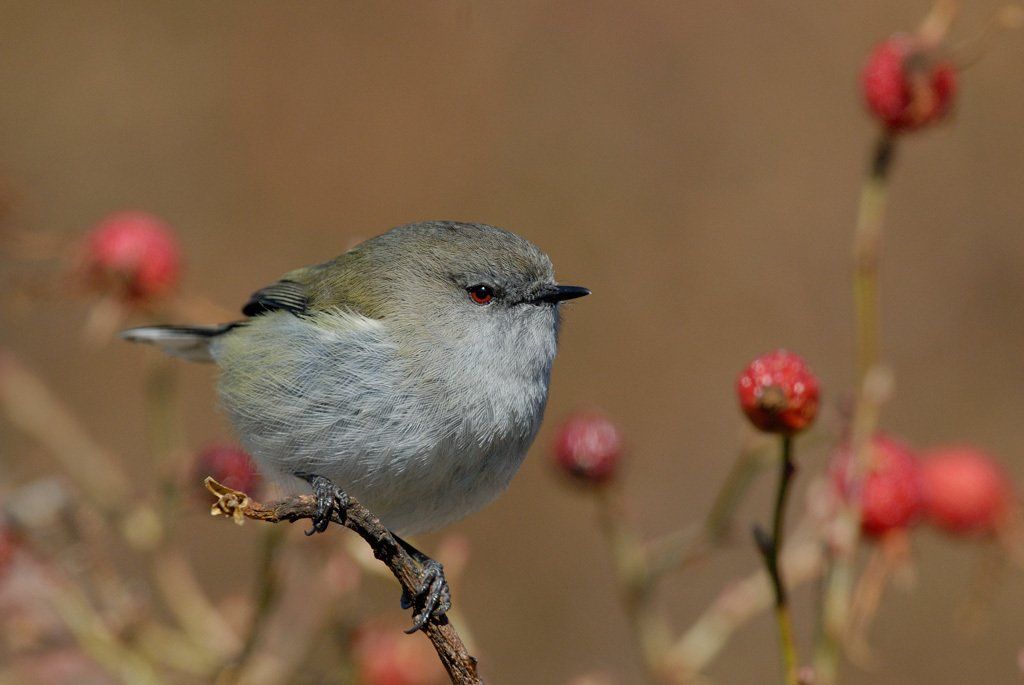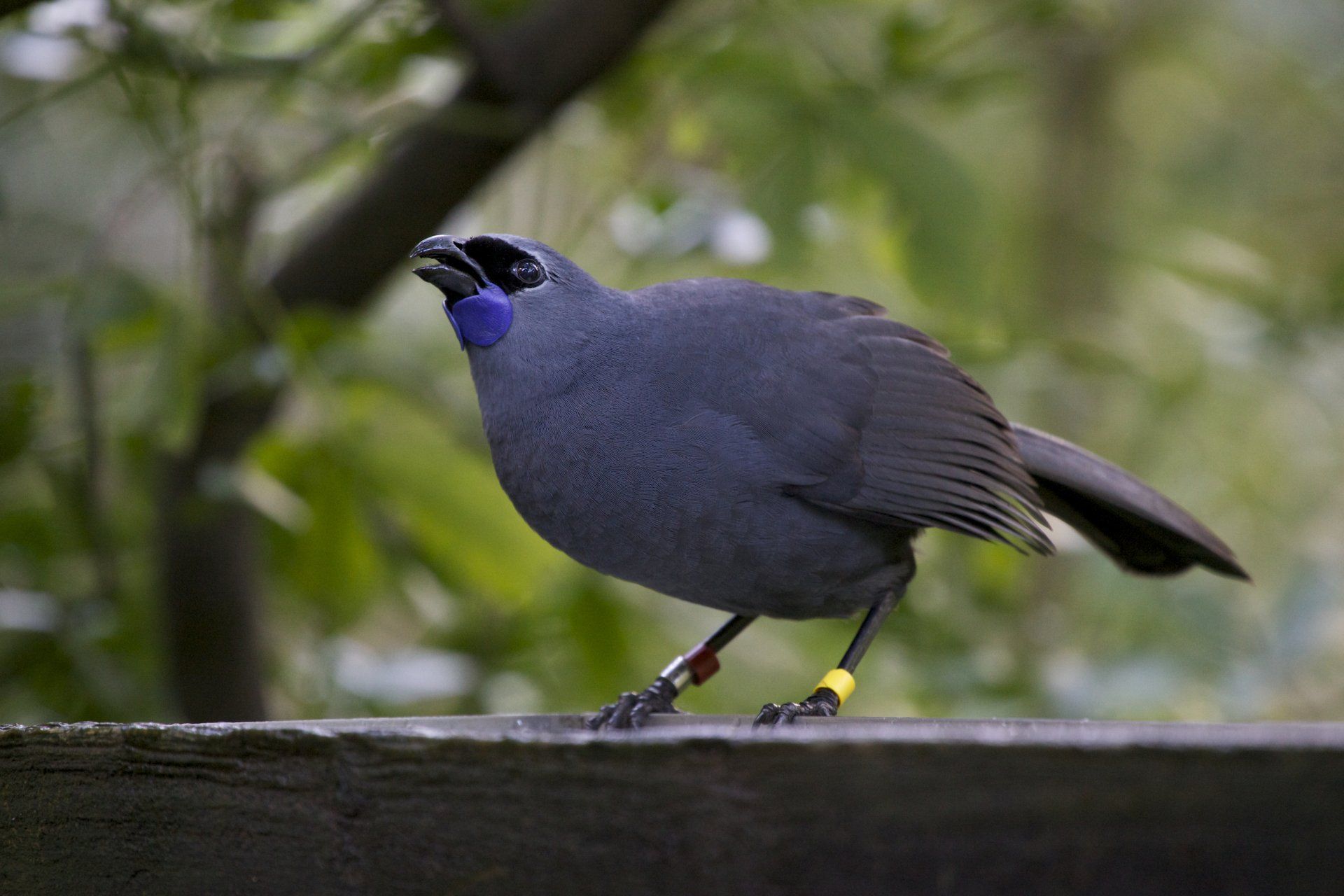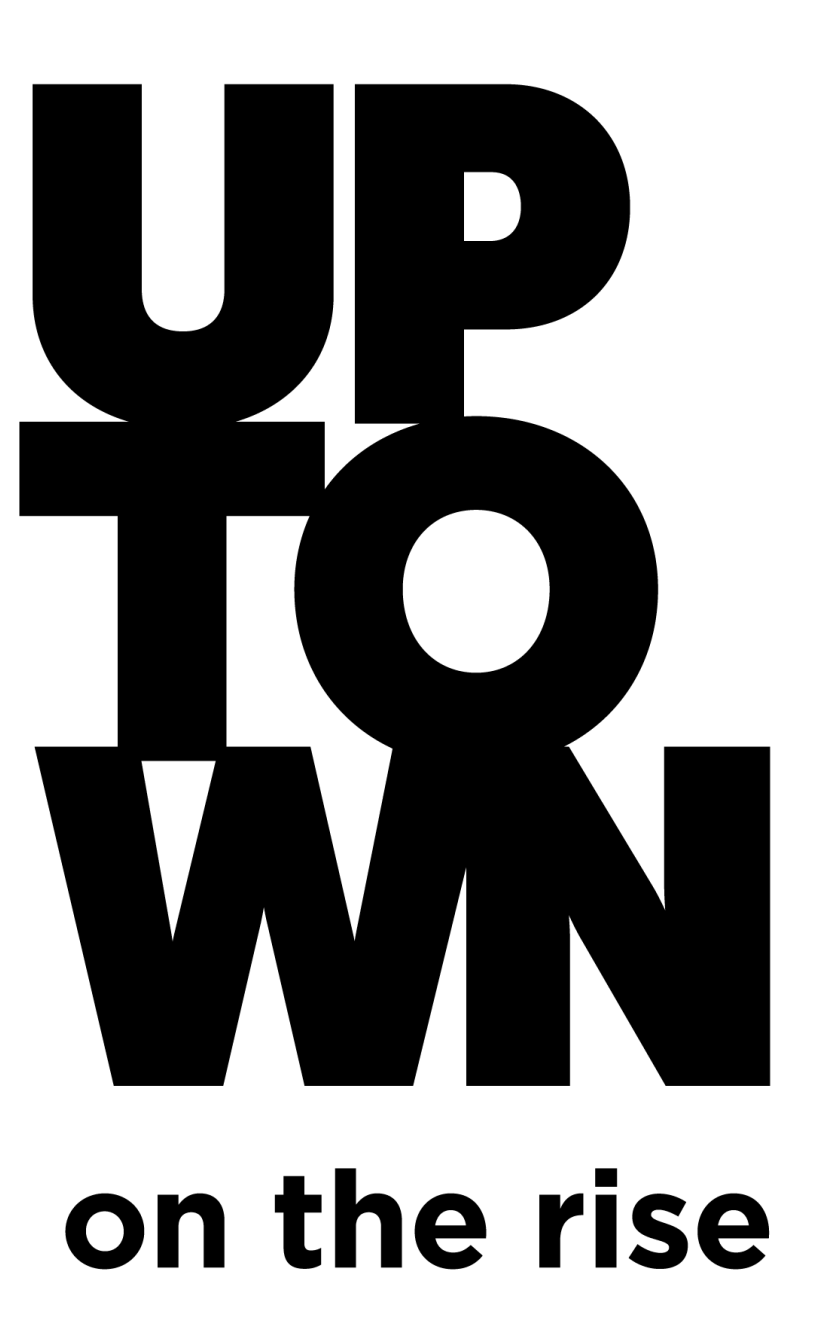
Preserving Aotearoa
Words: Suzanne McNamara
At a time when New Zealand’s biodiversity is under threat from urbanisation, overfishing and climate change, Forest & Bird’s voice has never been more important. Kat Day finds out what the organisation is up to around Auckland from their base in Uptown.
Forest & Bird is New Zealand’s oldest and largest independent nature conservation organisation. Since it began operating in 1923, it has played a crucial role in protecting our unique birds, environment and native species. David Bowden, Forest & Bird’s Programmes and Volunteer Coordination Manager, is passionate about conservation and has been a member since he was eight. He says the society is committed to protecting and reconnecting some key diversity hotspots around Auckland, including the Waitākere Ranges, Hunua Ranges and Hauraki Gulf.
Forest & Bird is involved in large-scale projects, such as Ark in the Park, a partnership with Auckland Council that aims to control pests in the Waitākere Ranges Regional Park and create an open sanctuary where species that were once common can be reintroduced. Restoring these hotspots is critical for promoting wildlife diversity and movement.
Other projects such as Pest Free Hibiscus Coast and the South-East Wildlink restore nature at a neighbourhood level. “We concentrate on removing possums, rats and stoats,” says David. “They are beautiful creatures, but cause a lot of damage to our native forests and natural places on which indigenous species depend.”
The Bullock Track restoration near Western Springs is a project that will create a rich thriving ecosystem in an urban forest habitat. A team of dedicated volunteers hold working bees and are currently planning two planting days for 2021, with a regular programme of animal pest control to commence soon.
Forest & Bird relies on members, donations and volunteers to carry out this important work preserving our environment. Volunteers get involved with clean-ups, weeding, planting, pest control and wildlife monitoring. “We rely on people to donate their time to protect the environment. We have over 120 conservation projects across the country requiring volunteers. I would encourage people to get involved,” says David. “The social element is often a key driver, with many volunteers making lifelong friends.”
Engaging children is an important strategy for Forest & Bird. The Kiwi Conservation Club, Hakuturi Toa, connects Kiwi kids to New Zealand’s amazing wildlife and conservation areas and takes children on educational trips to get hands-on planting trees. There are over 5000 members aged between five and 13 and many grow up to become committed advocates for nature, such as Sophie Handford, the leader of School Strike 4 Climate.
Forest & Bird is also an advocate for greater tree protection and David thinks the rules need to be strengthened nationally. “The rules have been watered down and as a result, lots of tree canopy has been lost in the past decade.” A recent survey by the Auckland Council found that the average tree canopy coverage across the city was 18.4%, well below the 30% long-term goal for the city identified in the Urban Ngahere Strategy. Of particular concern is the Canal Rd development in Avondale, where 23 native trees are currently at risk of being chopped down for a new development in a suburb already deprived of tree cover.
It’s not all campaigning and hands-on conservation. Forest & Bird also celebrates nature with the much-loved annual Bird of the Year vote, which asks New Zealanders to select up to five birds and submit their choices online in early November. David says his favourite is the grey warbler (riroriro) or the long-tailed cuckoo (koekoeā), although he admits a soft spot for the kōkako, whose numbers are slowly recovering nationally. Forest & Bird is part of a national recovery programme, monitoring and releasing the birds at Ark in the Park.
Forest & Bird is focused on ensuring that every political party adopts policies to protect nature, not destroy it. There are five things Forest & Bird is advocating for from any future government:
1. A safe climate for all life on earth – that means taking urgent action to reduce our greenhouse gas emissions.
2. An economy that cares for nature – ensuring that the way we make, provide, purchase or sell things in New Zealand is good for people and for nature.
3. Natural landscapes are properly looked after – protecting native plants and animals and their habitats.
4. Healthy rivers, lakes, wetlands and streams for people and nature – cleaning up our fresh water and stopping pollution at the source.
5. Oceans are restored back to health to support humans and marine life – increasing protected areas for our ocean life and fixing outdated laws.

Forest and Bird
